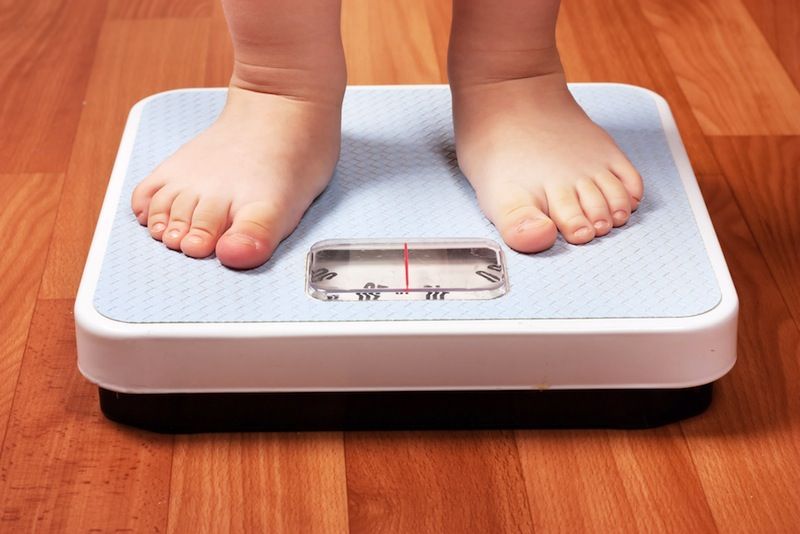Many Parents Think Their Obese Child's Health Is Good

Nearly 1 in 3 parents whose children were referred to an obesity clinic did not perceive their child's weight as a health problem, a new study suggests.
Researchers found that 31 percent of parents of obese or overweight children considered their child's health to be excellent or very good, and 28 percent of parents did not view their child's weight as a health concern.
It might be hard for parents to be objective about their child's weight and health unless someone else, such as a pediatrician or school nurse, points out that there may be a problem, said lead author Dr. Kyung Rhee, an assistant professor of pediatrics at the University of California, San Diego School of Medicine.
"I think many parents may think that being slightly chubby is OK, and that their child will grow out of it," Rhee said.
Or these parents' perceptions may have something to do with the normalization of obesity in the U.S., Rhee said. As people see more and more overweight people around them, perhaps they don't recognize they are overweight themselves and don't realize the medical consequences for a child who remains overweight, she said. [10 Ways to Promote Kids' Healthy Eating Habits]
To determine how motivated parents were to help make changes in their child's eating habits and physical activity levels, the researchers surveyed 202 parents whose children had been referred by a physician to a pediatric obesity clinic in Rhode Island. The kids ranged in age from 5 to 20, and 94 percent of them were obese.
The findings were published online June 23 in the Journal of the Academy of Nutrition and Dietetics.
Sign up for the Live Science daily newsletter now
Get the world’s most fascinating discoveries delivered straight to your inbox.
Getting kids moving
Although 94 percent of parents surveyed admitted their child was obese or overweight, parents said they found it challenging to help their daughter or son change their behavior to successfully lose weight.
Parents seemed to find it easier to help their kids eat healthier foods than they did to encourage them to get more exercise every day, the study revealed.
The survey showed that almost 62 percent of parents reported they were taking steps to improve their child's diet by increasing fruits and vegetables, and reducing fast food, sweets and snacking. But only 41 percent of parents said they were helping their child to increase their level of physical activity, such as walking, dancing or playing sports, to the recommended hour per day.
The discrepancy between parents' readiness to change their kids' diets compared with their kids' levels of physical activity was surprising, Rhee told Live Science. The researchers said it's unclear why parents felt less comfortable encouraging a more active lifestyle in their overweight children.
They suggested some possible reasons may be financial barriers, parents' exercise habits, and parental fears about their overweight children's ability to engage in more activity safely.
The findings also showed that parents appeared more ready to make changes in activity levels when their children were younger, and it became increasingly difficult to encourage kids to move more when they became teenagers. Other research has suggested that the majority of kids who are overweight or obese in their preteen years remain heavy as adults.
We need to make sure to start developing healthy eating and activity behaviors in kids when they are young, Rhee said.
"I think providers need to do a better job talking to parents about childhood weight gain and physical inactivity," she said.
At doctor's appointments, parents can ask their pediatrician how their child's weight is. If they find out their child is overweight or obese, parents can ask what they can do to help a child eat better and be more active, Rhee said.
Follow Live Science @livescience, Facebook & Google+. Originally published on Live Science.
Cari Nierenberg has been writing about health and wellness topics for online news outlets and print publications for more than two decades. Her work has been published by Live Science, The Washington Post, WebMD, Scientific American, among others. She has a Bachelor of Science degree in nutrition from Cornell University and a Master of Science degree in Nutrition and Communication from Boston University.
Most Popular

